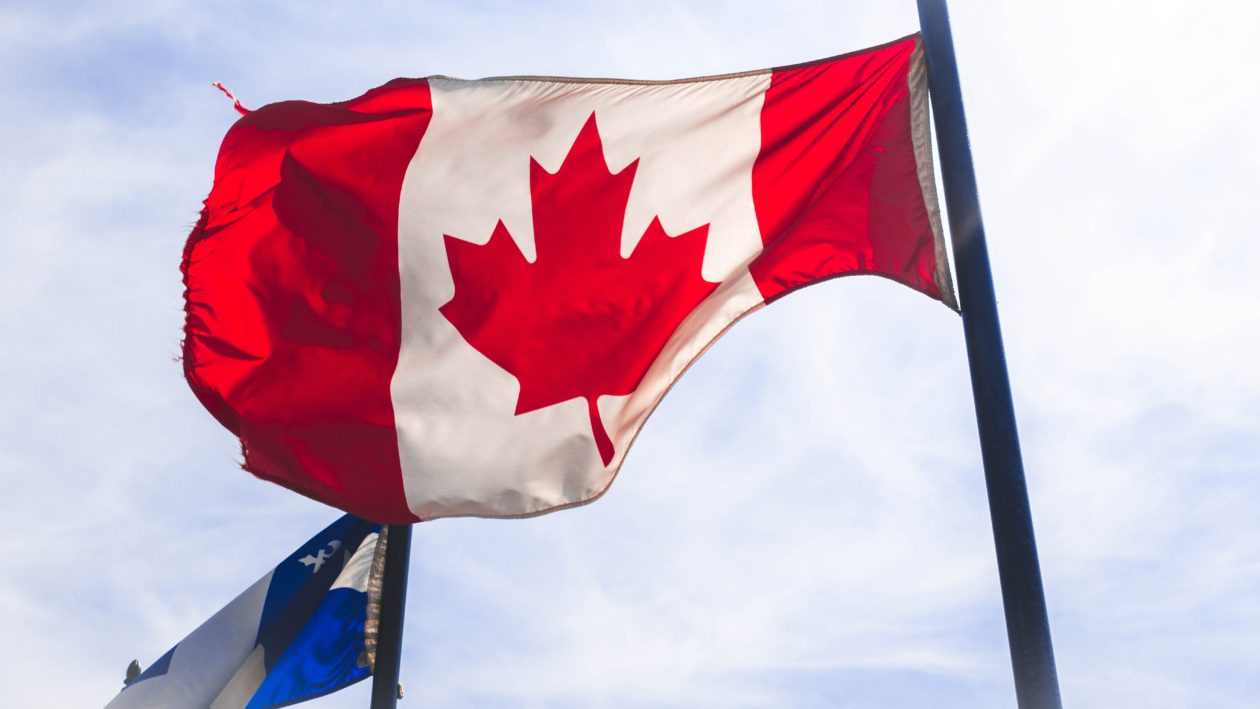A study in contrasts
The 143-bed facility provides accommodation, transport and the services of nurses and interpreters to coordinate the stay of Inuit...
Read
News from around the world reminds me daily of how lucky I am to be Canadian. In truth, I cannot imagine having enjoyed any more advantages in life (beyond being born to wonderful parents) than to have grown up in this remarkable country.
There is another truth, though, about my citizenship, and that is the history of Canada’s shameful treatment of Indigenous peoples. My pride in Canada cannot obscure this reality, particularly in the wake of the 2015 report of the Truth and Reconciliation Commission (TRC) on the legacy of Indian Residential Schools.
The TRC issued 94 Calls to Action, most directed at governments, because governments largely got us here, and governments have the most powerful levers to move us forward. Yet the imperative itself – reconciliation between Indigenous peoples and non-Indigenous Canadians – contemplates a process between people. What does that mean, in practical terms, for us as non-Indigenous Canadians?
I propose three ways to contribute to Reconciliation: by knowing our history, by understanding its implications for our country and by acting as allies of Indigenous peoples.
Knowing Canadian history means being aware that centuries of official government policy aimed to destroy Indigenous nations and communities: their pre-existing systems of government, their economic independence, their identities, their family structures, and ultimately, their dignity. Virtually every aspect of Indigenous life has been, and in some ways still is, controlled by a complex web of laws, policies and practices. Treaty promises to protect Indigenous lands, respect traditional pursuits, and confer health and education benefits were, at worst, broken, at best, construed as restrictively as possible. Particularly pernicious was the residential school system, which effectively stole the future of Indigenous children, families and communities.
Understanding what this history means for our collective future begins with acknowledging some realities. First, we must acknowledge that as non-Indigenous Canadians we have benefited (and continue to benefit) from the immense natural resource wealth of this land. This benefit has come at the expense of Indigenous peoples, whose land rights have been compromised or ignored. Second, we must recognize that shameful gaps persist between Indigenous and non-Indigenous health and education outcomes, that Indigenous people are shockingly overrepresented in our penitentiaries, and that mainstream child welfare systems do not serve the best interests of the Indigenous child (to name only the most glaring disparities). Investments to close these gaps, respecting Indigenous rights and jurisdiction, and agreeing to an equitable sharing of lands and resources are key to a just and thriving Canadian future.
And finally, acting as allies will move us beyond acknowledging the mistakes of the past (essential but insufficient) and toward building for the future. Of course, we should hold our elected governments accountable for respecting Indigenous peoples and Indigenous rights. Beyond that we should insist that schools teach our children the truth about our colonial past. We should endeavour to learn about, and from, Indigenous traditions, contributions and perspectives: attend a cultural event, watch a program on APTN, read Indigenous literature, check out the Indigenous music scene. We should be curious, even when that means asking sensitive questions and receiving uncomfortable answers.
We must speak out against negative stereotypes and racist behaviour toward Indigenous people, which continue to rear their ugly heads in our society. At a recent Quebec City hockey tournament, First Nation hockey players aged 13-15 were subjected to disgusting racial taunts by fellow players, by parents, and apparently, even by a coach, with nobody stepping up to stop the onslaught. In the inimitable words of Edmund Burke, writing nearly 300 years ago, [T]he only thing necessary for the triumph of evil is for good men to do nothing.
The way forward will not be simple and consensus will sometimes be elusive. Indigenous peoples are not a monolith and cannot be reduced to a single position on any issue; ditto for non-Indigenous Canadians. We will not always agree – with each other or with our leaders in this endeavour – but we cannot abdicate our individual voices in this fundamental national conversation to governments alone.
Here, I take my inspiration from two sources. As the Jewish teaching suggests, you are not obligated to complete the work, but neither are you free to desist from it (Ethics of the Fathers, 2:21). And as the Iroquois teaching tells us, we are obligated today to make choices that will ensure the future of the next seven generations.
Yes, news from around the world reminds us daily of how lucky we are to be Canadian. But this privileged status carries the responsibility to play our individual parts in the historic Reconciliation between Indigenous peoples and non-Indigenous Canadians, so that the country we love and in which we take legitimate pride, can fulfill its promise for all those who share this land for the next 150 years and beyond.